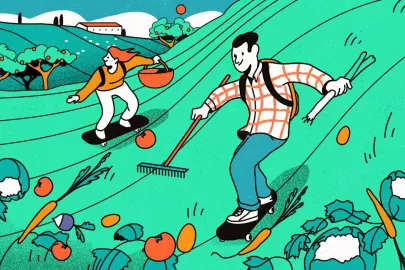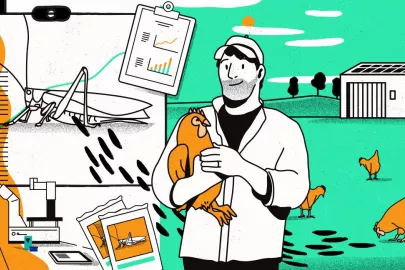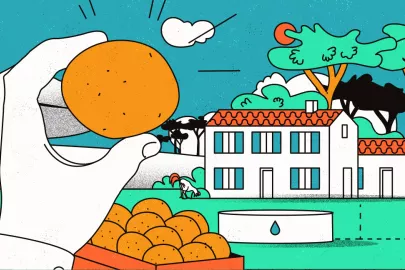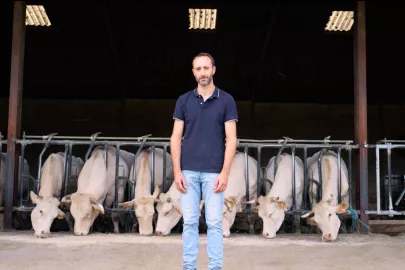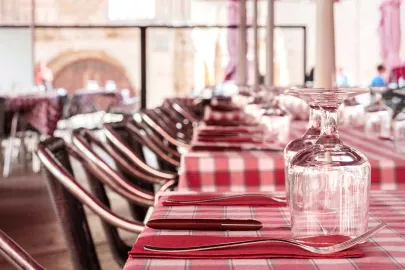In France, more and more schools are making an effort to teach kids how to eat better. These schools are convinced that food can change the world, and that it all starts in childhood… and that’s why they’re running practical, educational workshops to raise awareness among young children.
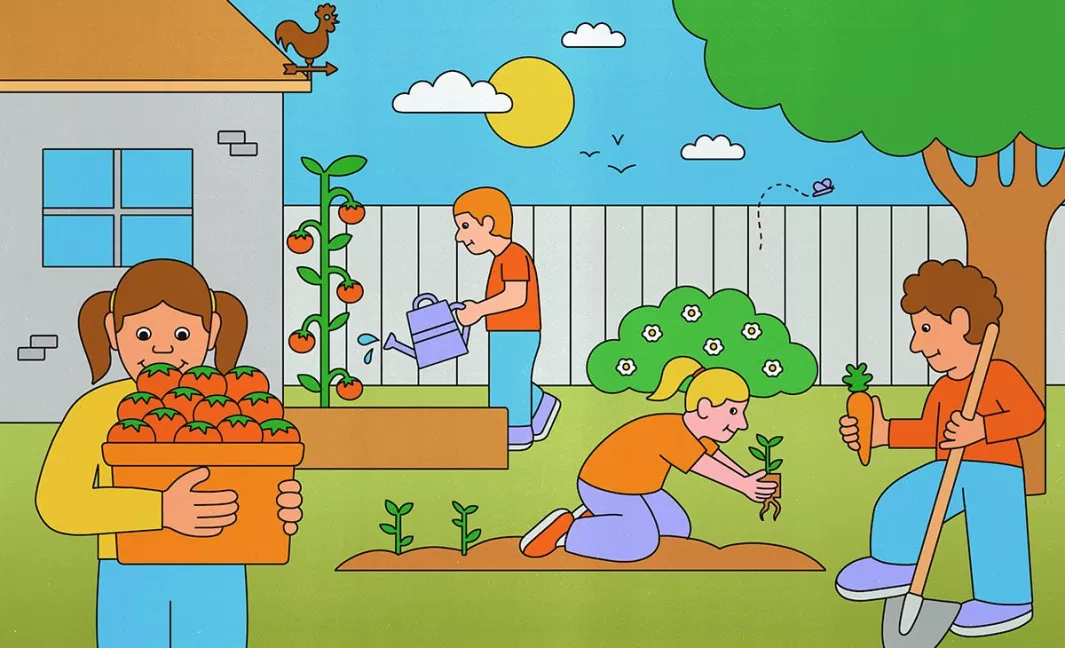
This morning, at the Air Bel school north of Marseille, students are playing guessing games. A presenter has brought in some seeds. The children are guessing which vegetable it is, and the answers are pouring in. The students may have got their tiny carrot seeds and beetroot sprouts mixed up, but no one's being graded here. The primary goal is to make children aware of the variety of vegetables available, and to introduce them to the life cycle of a vegetable. After all, many don’t even know that, before ending up on their plates, these plants have been grown and cared for by vegetable farmers, then harvested and transported to the city.
This workshop is the first one to be run by the École Comestible in Provence. The organization – founded in 2019 by food journalist Camille Labro – works with classes from kindergarten up to fifth grade. So what’s its goal? To make food education an integral part of the school curriculum by creating a vegetable garden alongside the children at the school, and also by setting up exploratory cooking workshops led by vegetable farmers, food professionals and chefs committed to healthy, sustainable and accessible cuisine. For the 2020-2021 school year, the organization raised awareness among 1,000 students at nearly 235 workshops.
The École Comestible’s project was inspired by “The Edible Schoolyard”, created in 1995 in the United States by Alice Waters. The American chef and activist believes that the future lies in a "delicious revolution" that begins in the classroom. Since the creation of its first edible garden in Berkeley, California, over 5,000 schools around the world have now created spaces where kids can grow, cook and enjoy vegetables, herbs and other foods together.
Similarly, the Fondation pour l'Innovation et la Transmission du Goût, working under the patronage of the Agir Contre l'Exclusion (“Action against Exclusion”) foundation, also regularly visits schools to help combat social inequalities and food-related exclusion. In France, as in other countries, the priority is to provide children with the best possible diet.
Yet the concept of a school garden is not a new one: It actually goes back several centuries. As long ago as the 18th century, Jean-Jacques Rousseau was already preaching the importance of incorporating nature and food science into education. But today, the challenge is how to integrate these horticultural, agricultural, local and culinary values into the academic curriculum. New reasons for kids to like going to school – and who knows, they may even spark future careers!
Contributor

Editor

